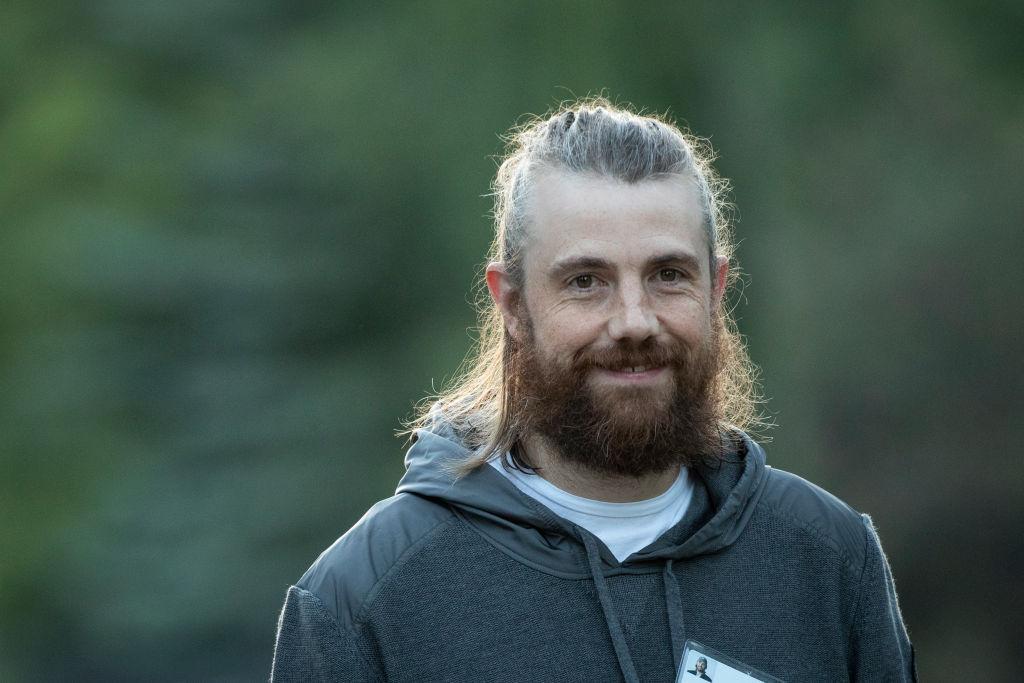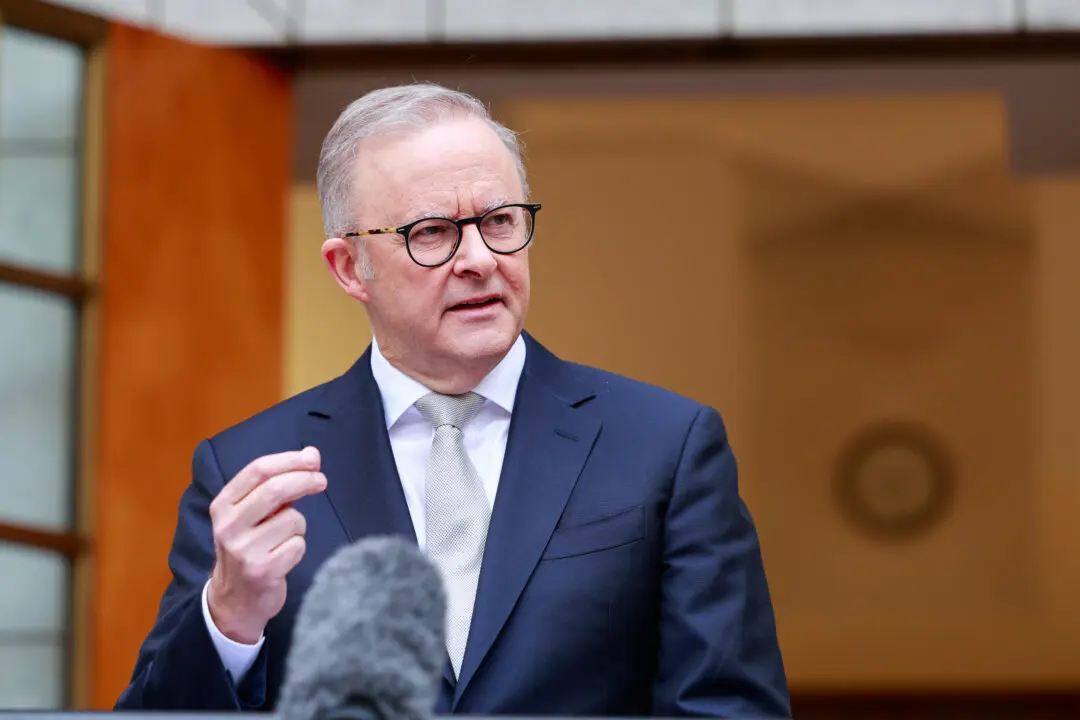One of Australia’s largest energy providers, AGL Energy, has rejected a second bid from tech billionaire Mike Cannon-Brookes to buy out the firm and speed up decarbonisation efforts.
Cannon-Brookes, co-founder of NASDAQ-listed Atlassian, has been a vocal advocate for renewable energy development in Australia and on March 6, wrote on Twitter that he, along with the Brookfield-Grok consortium, would be “putting our pens down.”





